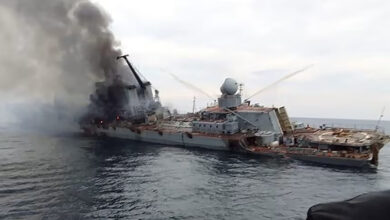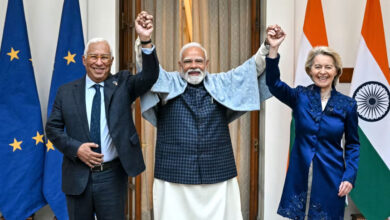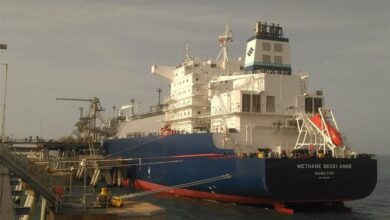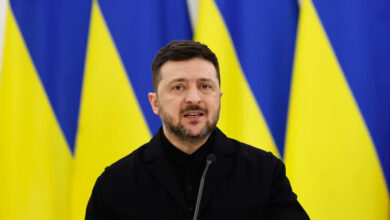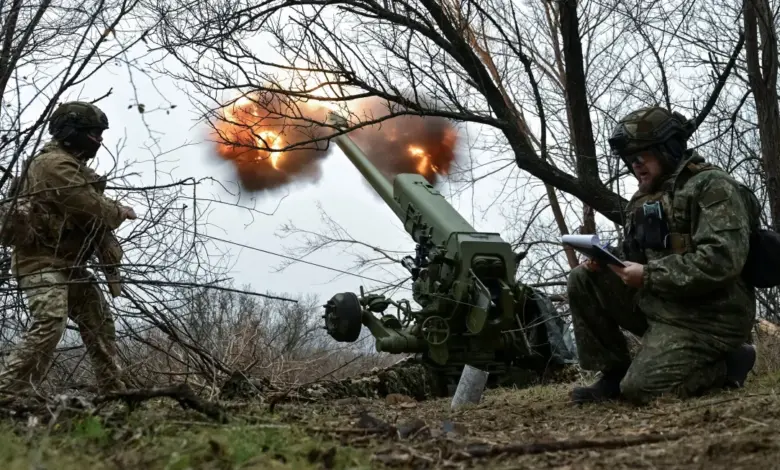
UK Prime Minister Keir Starmer is set to join an emergency summit in Paris on Monday, Britain’s PA news agency reported, as European leaders scramble to respond to the Trump administration’s push to work with Russia to end the war in Ukraine – potentially without them at the negotiating table.
“The UK will work to ensure we keep the US and Europe together,” Starmer was quoted as saying in a statement released by Downing Street on Saturday. “We cannot allow any divisions in the alliance to distract from the external enemies we face.”
The UK confirmation of the emergency summit follows US President Donald Trump and his top officials upending in recent days what had largely been a united front between Washington and its European NATO allies on supporting Ukraine against Russia’s invasion, which is nearing its third anniversary.
Polish Foreign Minister Radoslaw Sikorski said on Saturday at the Munich Security Conference that French President Emmanuel Macron had called for a summit of European leaders in Paris. France is yet to confirm the event.
Trump spoke with both Russian leader Vladimir Putin and Ukrainian President Volodymyr Zelensky last week, while his top administration officials visited Europe and presented elements of a vision for ending the war that appeared to allow for key concessions to Russia and raised fears that Ukraine could be marginalized and Europe left out of peacemaking.
“This is a once in a generation moment for our national security where we engage with the reality of the world today and the threat we face from Russia,” Starmer said in his statement. “It’s clear Europe must take on a greater role in NATO as we work with the United States to secure Ukraine’s future and face down the threat we face from Russia.”
The European diplomatic efforts come after new US Defense Secretary Peter Hegseth, speaking in Brussels on Wednesday, said it was unrealistic that Kyiv should join NATO or return to its pre-2014 sovereign borders – an apparent break with Washington’s previous stance and one that critics said gave key concessions to Putin before talks even began.
A day later, Hegseth hedged on those comments, saying “everything is on the table” in negotiations between the two countries. US Vice President JD Vance also warned Thursday the US could hit Russia with economic and military “tools of leverage” if Moscow doesn’t negotiate a peace deal in good faith.
Trump’s Russia-Ukraine envoy Keith Kellogg said in Munich that Ukraine would be at the table for peace negotiations. But while other European governments’ positions would be taken into consideration, Kellogg said, they would not be participants.
Trump has long been critical of NATO, calling for European partners to spend more on defense and decrying what he sees as an unbalanced relationship between the two sides of the Atlantic with little benefit to the US.
That offers a stark contrast with his predecessor Joe Biden, who sought to bolster the alliance and saw its support of Ukraine as critical to defending a rules-based international order. The US and its European allies have worked in close coordination to support Ukraine’s defense since Russia’s 2022 invasion.
Push for peace talks
The US appears to be moving ahead instead with its own peace process, which Trump, after his phone call with Putin last week, said would start “immediately.”
Top administration figures are set to meet with senior Russian officials to begin talks aimed at ending the war, according to multiple sources.
National security adviser Mike Waltz, Secretary of State Marco Rubio and Middle East envoy Steve Witkoff are expected to travel to Saudi Arabia for the meeting, two sources familiar with the plans told CNN. One of the sources said the meeting will take place in the coming days.
The sources declined to say which Russian officials would be in attendance, but CNN has previously reported the Kremlin is assembling a high-level negotiating team to engage in direct talks with the US, including top-level political, intelligence and economic figures, and Kirill Dmitriev, the Russian official who played a key behind-the-scenes role in a recent US prisoner release deal.

